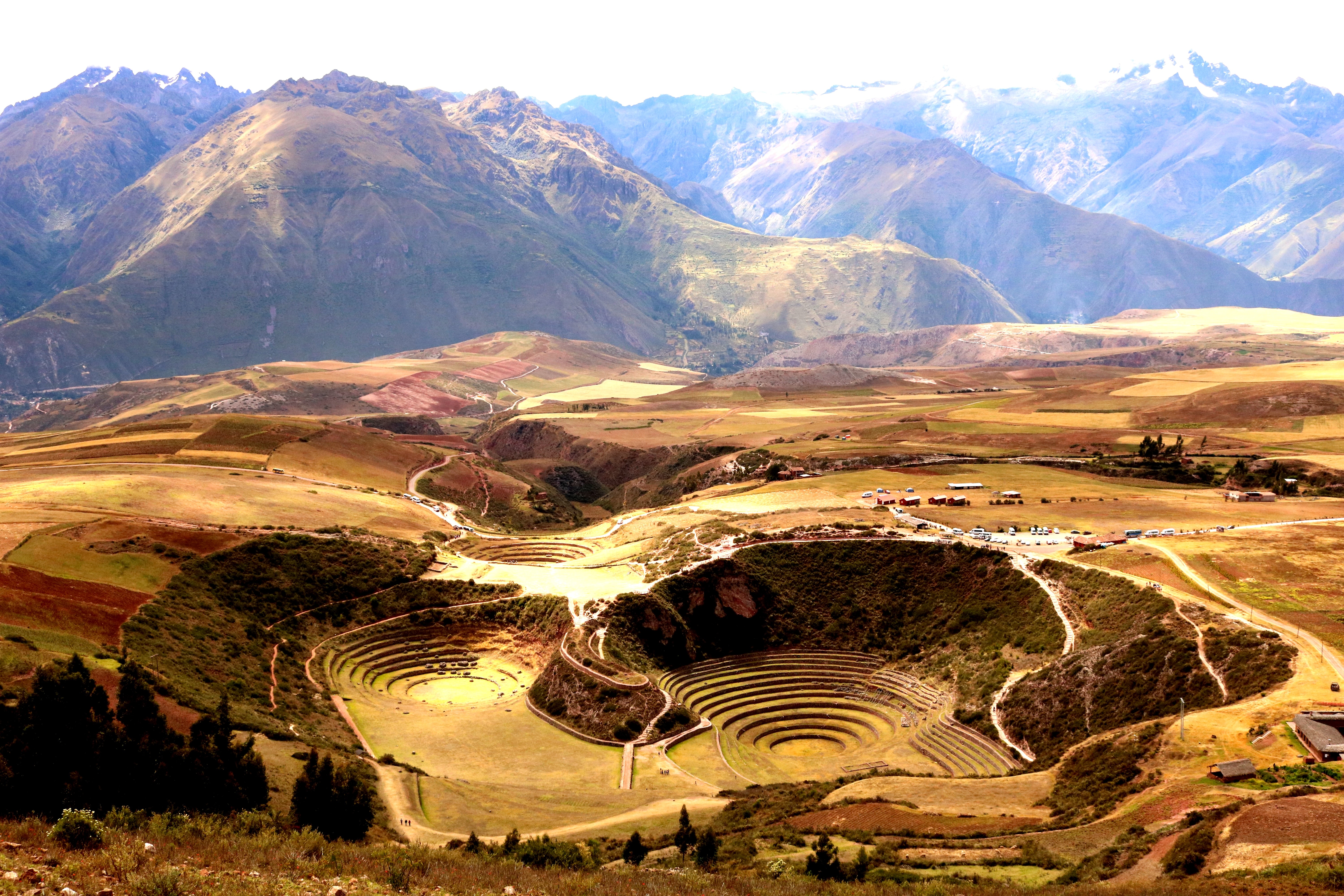VISION FOR THE ANTHROPOCENE | Balancing solutions and embracing limits

My hope for the Anthropocene is that we find the right balance between technical and societal solutions that help humanity getting back to within planetary boundaries.
My plan is to stop burning fossil fuels on our property completely, as soon as possible. We are almost there. My wife and I already live off-grid, no mains electricity or water. Three items need to be replaced yet: the car (currently running on diesel), the kitchen cooktop and oven (currently running on gas) and the brush cutter (currently running on petrol). All of these are available in an electric version, just a bit of cash needed and, of course, a considerable expansion of our currently modest off-grid PV solar system with battery storage. With a bit of luck, we can join a community PV & EV bulk buy scheme, become “zero carbon” soon and feel good about it. It will surely be a win-win-win for environment, jobs and the economy.
Alas, some nagging doubts remain. Historically, technology has not only enabled the most comfortable and healthy lives, but it has also facilitated the exploitation and destruction of the natural world. Even the most benign technologies like solar PV and batteries, that simply harness and store the sun’s energy, also require mining and processing with ensuing environmental impacts. Thanks to renewable energy we are seeing greenhouse emissions beginning to decline in some countries. But this cannot be said for other environmental impacts such as the use of energy, water and land or the loss of biodiversity. In particular the use of raw materials from nature remains tightly in lockstep with economic growth.
Bring in the digital revolution, some say. The sheer power of exponential efficiency gains brought about by artificial intelligence, the internet of things, 3D-printing or nano- and biotechnology has been touted as a revolutionising force in transforming not only our societies but also our planetary footprint. Alas, while the former is well under way, the latter might remain a dream. The “fourth industrial revolution” is likely to require and accelerate economic growth to function, which in turn has, so far, led to more consumption. This process lies at the heart of the problem, not the solution. In short, the internet of things will require “things” and these don’t come out of thin air. And even if the fourth industrial revolution were to break the spiral of environmental destruction, this could come at a potentially high risk for privacy, liberty, data sovereignty, civic rights, security, equality, democracy and public governance.
On the other end of the spectrum of possible solutions to this predicament is the suggestion to significantly, even radically, downshift material and energy throughput by deliberately “degrowing” wealthy economies. Instead of only measuring and pursuing economic output, the overarching aim of this idea is to achieve social wellbeing within ecological limits. This would require radically reforming current market economies with the help of community participation to achieve the necessary value and cultural changes towards sufficiency. But how would that square with a techno-dominant world, which currently, it seems, is on track to emerge as the culmination of the capitalist system?
Instead of seeing a polarisation of these seemingly opposing “innovations” (one technical, one societal), my vision and hope is that we will able to find the right combination of useful technology and social behaviour to bring the planet back into balance. The right type of technology is needed and so is the right way of using and governing this technology. Not a few ultrarich “driving” all the cars in the world, but all people owning their energy supply. Technology is needed that unites, not divides. Technology for the many not for the few, technology that makes us more equal, not unequal. Technology that repairs and restores, technology with low life cycle impacts. Not one that fixes problems at the end of the pipe but one that is smart from the beginning.
Energy community initiatives are thriving across the globe. This could not only revolutionise how we power our homes and communities but also the way we live and consume. With technology and lifestyles that require less material and are in harmony with the planet. My vision for the Anthropocene is that humanity will become less anthropocentric but more ecocentric and mindful of our planetary boundaries.
Tommy Wiedmann
Tommy Wiedmann is a Professor of sustainability research at UNSW Sydney in the Faculty of Engineering. His research and teaching is based on a long-standing experience in integrated sustainability assessment and environmental footprint analysis. His main research question is how to achieve concurrent human and planetary well-being. Wiedmann leads a national e-research infrastructure project and coordinate a number of research projects related to sustainability.



